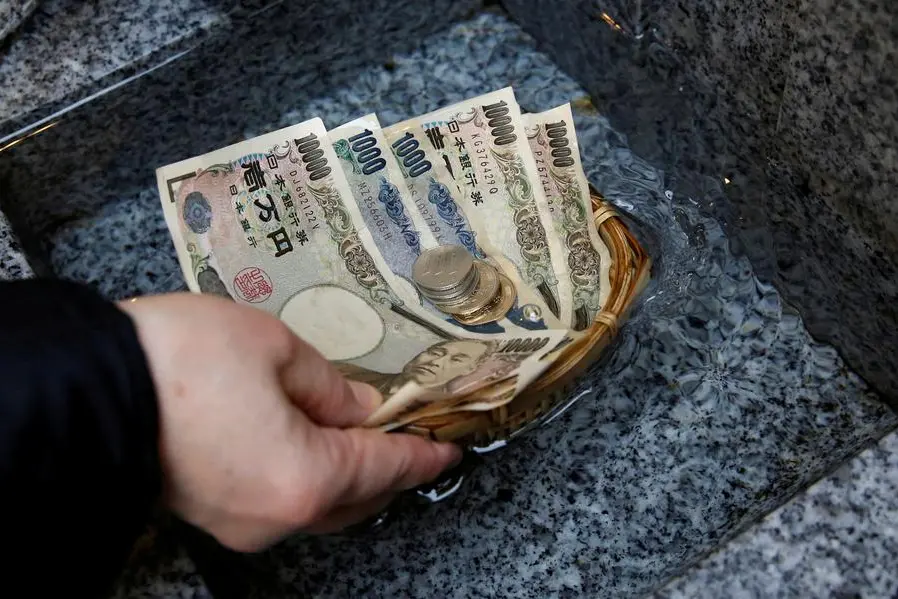PHOTO
TOKYO - Japan's price increases and higher interest rates could benefit the country's credit profile by inflating debt away and promoting productivity despite higher pressure on public finances, Fitch Ratings' Japan sovereign analyst told Reuters.
"Higher interest rates and inflation are more positive than people think," Krisjanis Krustins, director at Fitch, said in an interview with Reuters on Wednesday.
Higher inflation helps lower the value of outstanding debt and push down the debt-to-gross domestic product (GDP) ratio.
However, it could also encourage job switching as workers search for higher wages and prod companies to think more about long-term efficiency, he said.
"It frees up capital and people to do more productive things," Krustins said. "It's not clear to what extent that will happen, but it's one of those side effects that could have potentially quite large positive impacts on Japan."
Fitch has set its rating for Japanese credit at A, five notches below the top AAA rating, with a stable outlook.
With the debt-to-GDP ratio improving in recent years, a persistent decline in the ratio "could lead to an upward rating action," he said.
"There is no specific threshold, it's more about the trend. But it's clearly something that is not impossible," he added.
But he pointed out that fixing tattered public finances remains a challenge in Japan, as the government has yet to outline significant fiscal consolidation or additional revenue measures to fund spending such as defence and childcare.
The government has pledged a primary budget surplus by the next fiscal year, a target many analysts regard as optimistic.
The primary budget balance, which excludes new bond sales and debt-servicing costs, indicates to what extent policy measures can be financed without issuing debt.
Japan's public debt stands at more than twice its economy, by far the biggest among industrialised economies.
Krustins said Fitch doesn't expect Japan to meet its fiscal 2025 primary budget-balancing target but added it was "never too worried about the target."
Last month, Moody's Japan sovereign analyst told Reuters a failure to meet the target wouldn't trigger negative ratings action because the goal is still a "commitment" to fiscal reform.
(Reporting by Makiko Yamazaki; Editing by Sam Holmes)





















